Re-envisioning Coastal Sustainability through Future Earth Coasts
Heath Kelsey · | Science Communication |The Executive Committee of Future Earth Coasts met in Bremen,
Germany, for the second time this year to complete the restructuring of the
organization. Future
Earth Coasts (FEC) is a group of scientists and practitioners from multiple disciplines
who are focused on helping coastal communities transition to sustainable
practices and trajectories.
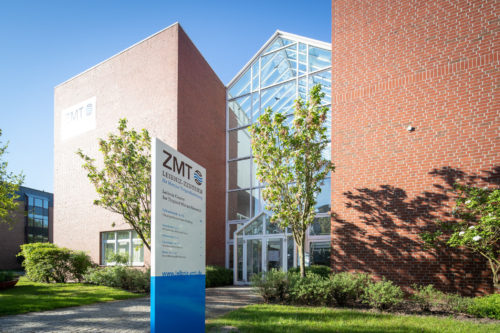
Copyright: Jan Meier, ZMT
Earlier this year, the headquarters of the International Project Office (IPO) moved from Cork, Ireland, to Bremen, while at the same time changing to a distributed model for the IPO. The duties of the Executive Director are at the Leibniz Center for Marine Research (ZMT) in Bremen, while supporting roles are now distributed to offices at various institutions in China, Australia, and the United States. These institutions include the Yantai Institute for Coastal Zone Research of the Chinese Academy of Sciences, the State Key Laboratory for Estuarine and Coastal Research at East China Normal University in China, Southern Cross University in Australia, Virginia Tech, and the University of Maryland Center for Environmental Science (UMCES) in the USA. Each institution supports the Future Earth Coasts enterprise a bit differently: our role at UMCES involves supporting the potential demonstration projects (which promise to have elements that are very similar to the Ecosystem Health Report Card processes), and communications planning for social media, blogs, newsletters, and web content.
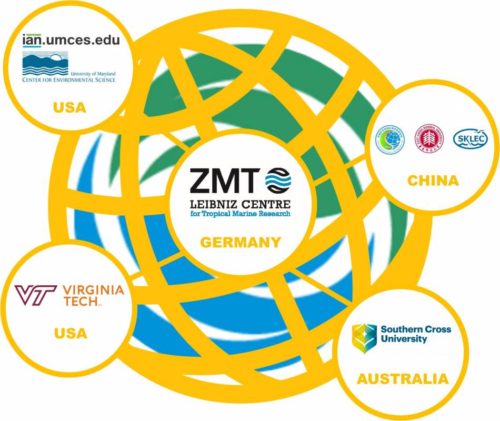
The necessity for an organization with FEC’s purpose is clear. Earth’s coasts are home to around 40% of the global population, and are vulnerable to stresses from pollution, coastal development, resource extraction, and habitat loss (among many others), and perhaps most importantly, climate change. Future Earth Coasts aims to increase community resilience and adaptive capacity to these stresses by providing a platform for researchers and practitioners to share all forms of knowledge related to coastal issues, and demonstrate how communities can move to greater sustainability.
Creating a new structure for an organization with these goals is challenging, especially when administrative responsibilities are spread among numerous institutions in different countries. The rules governing the organization, it’s leadership, and purpose are critically important, and it takes a lot of work to create them when meetings are over long distances and multiple time zones. The face-to-face meeting in Bremen was productive and necessary.
Work at the meeting in Bremen focused on all of the elements of
the Future Earth Coasts enterprise, and was extremely productive. I’m amazed at
what we’ve achieved since the process started:
- Established a new headquarters at ZMT, with a new Executive
Director and Project Manager,- Completed revisions to FEC governance and structure,
- Submitted multiple proposals for demonstration projects related to
Future Earth Coasts objectives,
- Outlined a series of products and projects that will serve as
resources for coastal communities, and
- Initiated the second FEC Open Science Conference.
It has been a real privilege to work with the great people on the
IPO and Executive Committee on such important work. Over the last 12 months, we
have redesigned an organization capable of delivering on important coastal
sustainability projects globally, and supporting a network of researchers,
activists, indigenous communities, youth, decision makers, and other
professionals interested in improving coastal conditions for both people and
the environment.

The central features of Future Earth Coasts include providing a
forum for researchers and non-researchers to connect, provide resources for
scientists, activists, and practitioners at every stage of their careers, hosting
a bi-annual Open Science Conference, and executing projects that demonstrate
how communities can create a vision for a more sustainable future, and make the
changes necessary to achieve it.
The second FEC Open Science Conference is scheduled for October
2020 in Gold Coast, Australia, and promises to be a truly unique meeting that
showcases coastal sustainability from the perspective of diverse stakeholders. Such
stakeholders will include artists, scientists, indigenous peoples, and decision
makers.

Productivity like this doesn’t happen by accident; it is through
the work of an exceptional group of individuals and institutions firmly
committed to making change on a global scale. Each of the individuals
representing the executive committee have made extraordinary contributions to
advancing FEC.
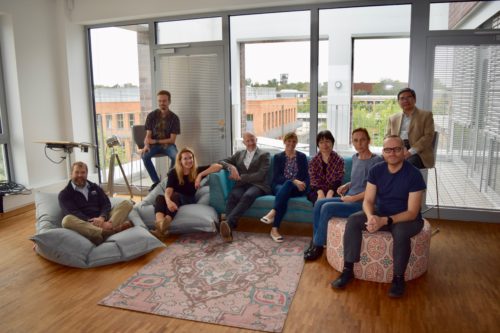
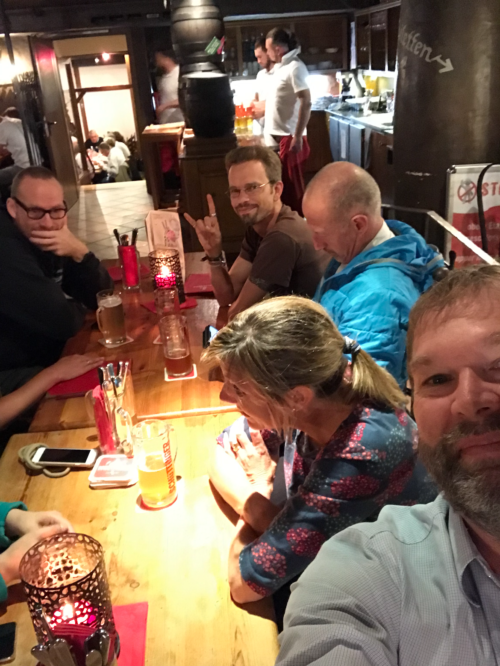
About the author
Heath Kelsey
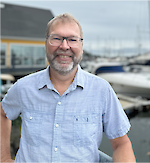
Heath Kelsey has been with IAN since 2009, as a Science Integrator, Program Manager, and as Director since 2019. His work focuses on helping communities become more engaged in socio-environmental decision making. He has over 15-years of experience in stakeholder engagement, environmental and public health assessment, indicator development, and science communication. He has led numerous ecosystem health and socio-environmental health report card projects globally, in Australia, India, the South Pacific, Africa, and throughout the US. Dr. Kelsey received his MSPH (2000) and PhD (2006) from The University of South Carolina Arnold School of Public Health. He is a graduate of St Mary’s College of Maryland (1988), and was a Peace Corps Volunteer in Papua New Guinea from 1995-1998.